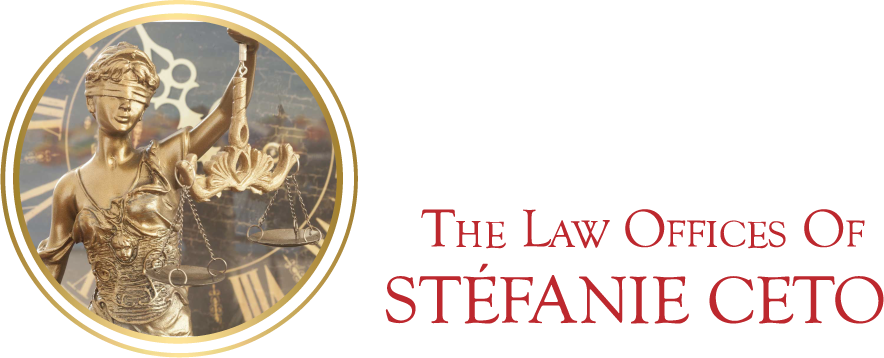Selling Estate Property
In the course of administering an estate, the personal representative may need to sell property, either to pay debts or expenses, or to enable better distribution of an estate among beneficiaries.
 In all cases, the personal representative must have the authority to sell the property in question. This authority may be granted in several ways: (1) under the terms of a Will; (2) by law; (3) by blanket order of the court at the time of appointment or at a later date; or (4) by order of the court on a petition concerning specific property.
When selling estate property, a personal representative should be particularly cautious in any transaction that gives rise to a conflict of interest or even an appearance of a conflict of interest. Otherwise, the transaction may be considered fraudulent, subject to being set aside by the probate court or some other court in the future.
In all cases, the personal representative must have the authority to sell the property in question. This authority may be granted in several ways: (1) under the terms of a Will; (2) by law; (3) by blanket order of the court at the time of appointment or at a later date; or (4) by order of the court on a petition concerning specific property.
When selling estate property, a personal representative should be particularly cautious in any transaction that gives rise to a conflict of interest or even an appearance of a conflict of interest. Otherwise, the transaction may be considered fraudulent, subject to being set aside by the probate court or some other court in the future.
 In all cases, the personal representative must have the authority to sell the property in question. This authority may be granted in several ways: (1) under the terms of a Will; (2) by law; (3) by blanket order of the court at the time of appointment or at a later date; or (4) by order of the court on a petition concerning specific property.
When selling estate property, a personal representative should be particularly cautious in any transaction that gives rise to a conflict of interest or even an appearance of a conflict of interest. Otherwise, the transaction may be considered fraudulent, subject to being set aside by the probate court or some other court in the future.
In all cases, the personal representative must have the authority to sell the property in question. This authority may be granted in several ways: (1) under the terms of a Will; (2) by law; (3) by blanket order of the court at the time of appointment or at a later date; or (4) by order of the court on a petition concerning specific property.
When selling estate property, a personal representative should be particularly cautious in any transaction that gives rise to a conflict of interest or even an appearance of a conflict of interest. Otherwise, the transaction may be considered fraudulent, subject to being set aside by the probate court or some other court in the future.
